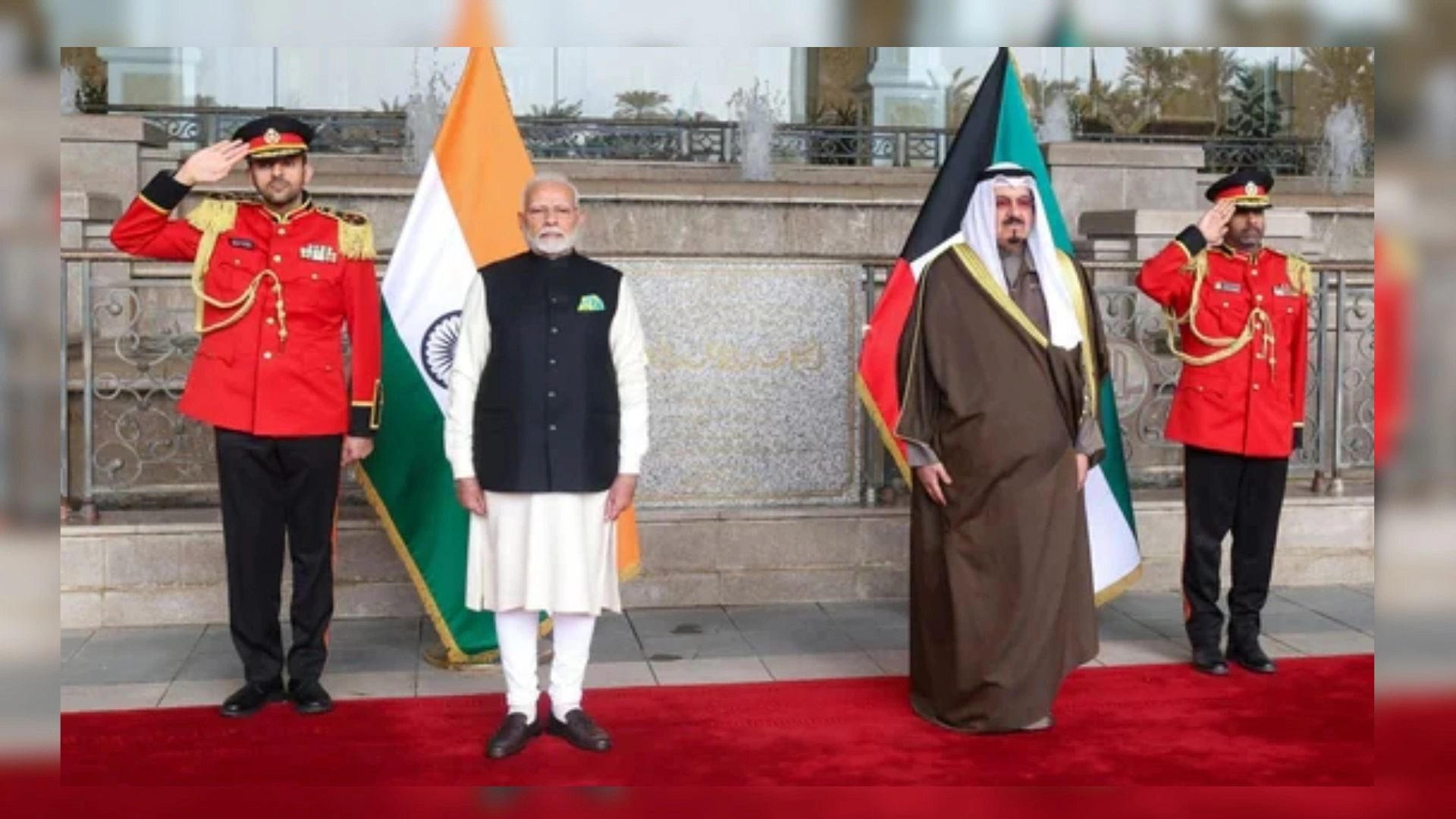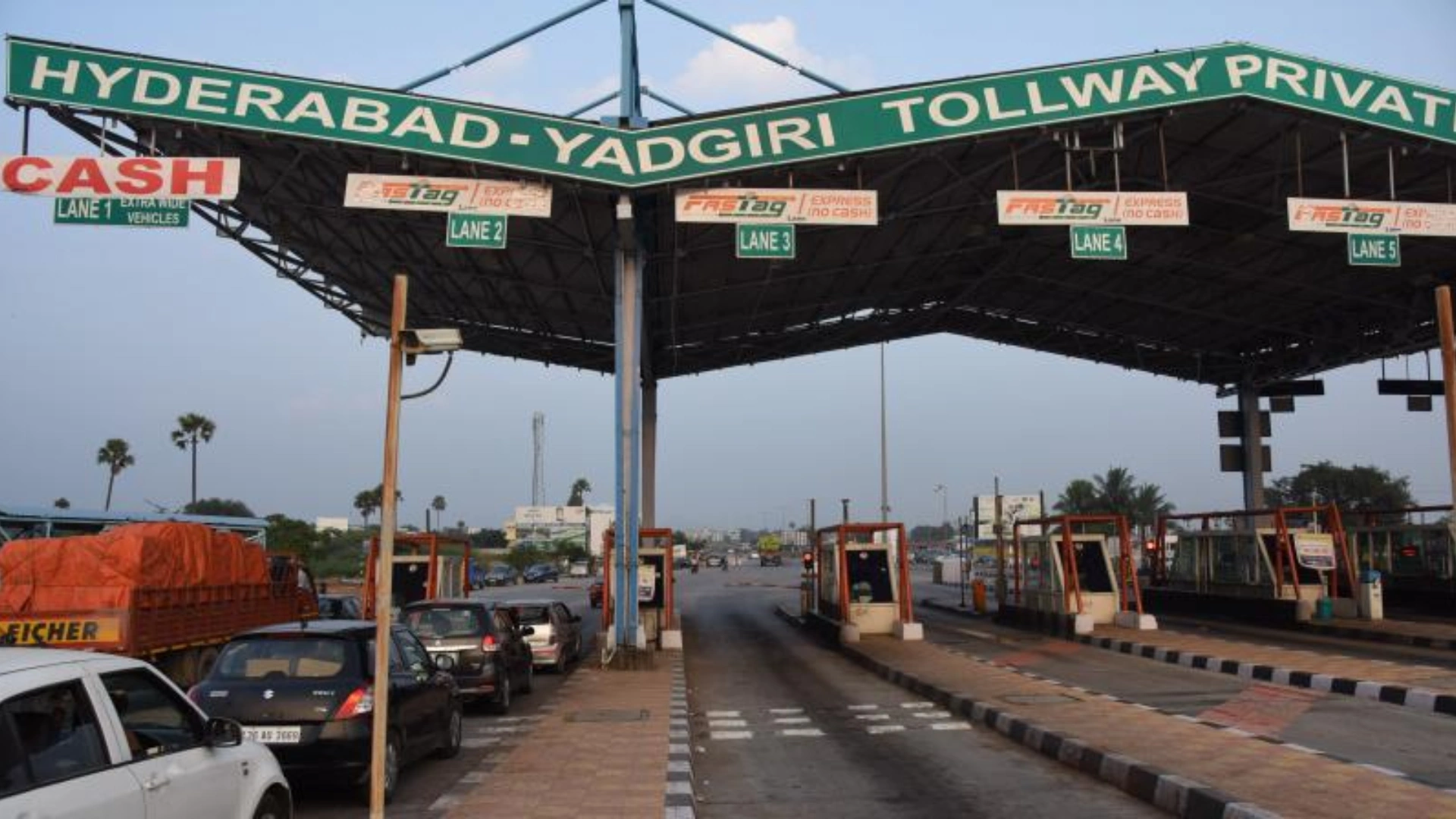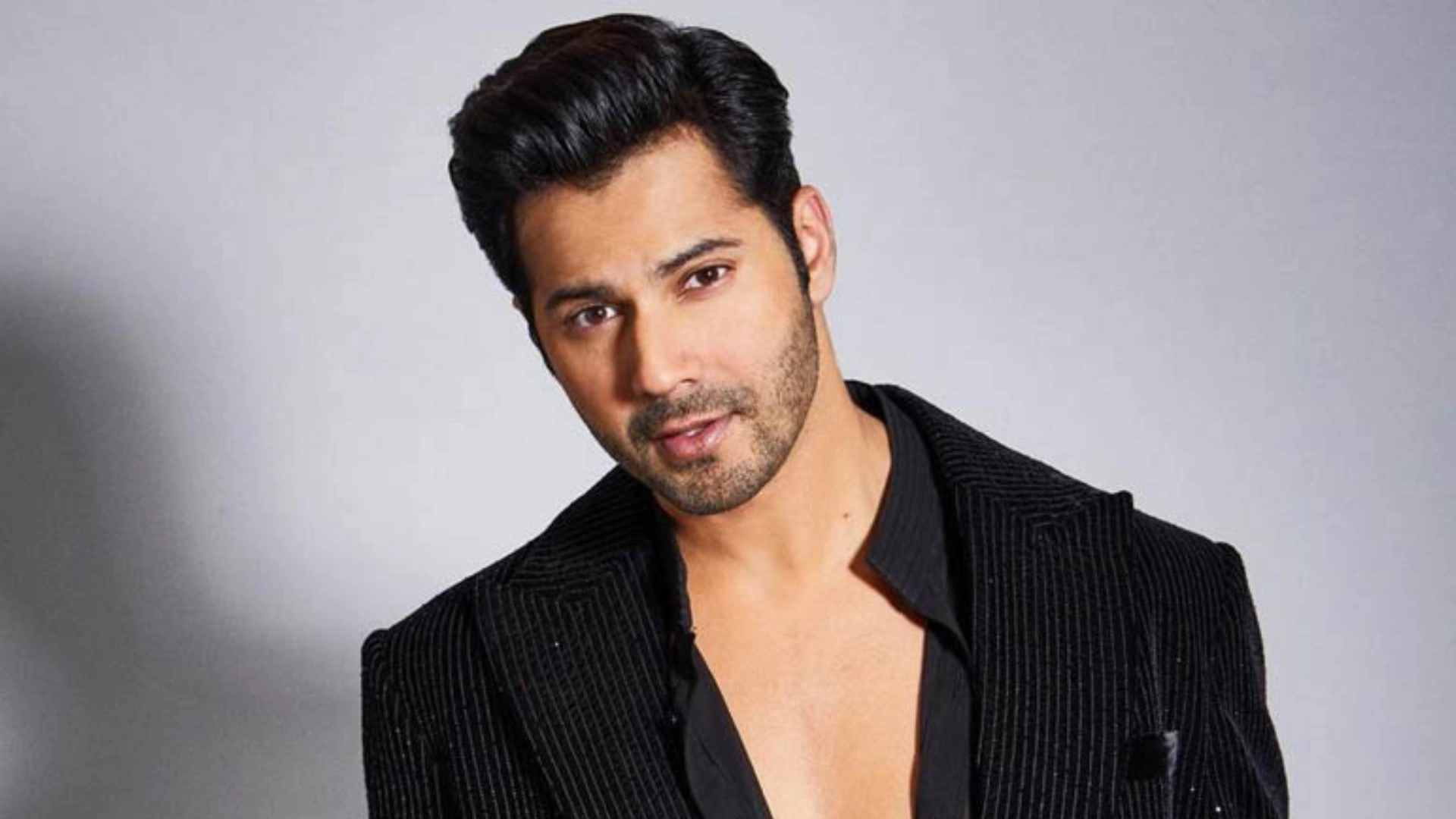In a world marked by increasing polarization, India has chosen to adopt a stance of public neutrality towards Russia, especially in light of the ongoing conflict in Ukraine. This strategic decision highlights India’s nuanced understanding of complex geopolitical dynamics as it seeks to balance its relationships with both Western powers and Russia.
By refraining from taking a definitive side, India aims to navigate its national interests while promoting dialogue and diplomacy, positioning itself as a key player in global affairs.
Understanding India’s Position
India’s neutrality is often mischaracterized as an alignment with Western interests. While India aspires to deepen ties with Western nations, it does not yet occupy a formal alliance position. It is crucial to note that India does not support Russia’s military actions in Ukraine; however, the nation has chosen to abstain from General Assembly votes. This decision stems from a calculated assessment of how the conflict impacts India’s national interests, including its historical reliance on Russia for defense supplies.
From the outset, India has consistently advocated for diplomacy and dialogue as the only viable solutions to the Ukraine crisis, emphasizing the need for a peaceful resolution. As a rising power in global geopolitics, India recognizes the importance of keeping communication channels open with all significant players. This approach not only strengthens India’s position but also fosters a multipolar world—a goal that aligns with both Indian and Russian interests.
Evolving Relationships Amidst Conflict
The ongoing war in Ukraine prompts a reevaluation of international alliances. While the United States has become an increasingly vital partner for India in the Indo-Pacific region, Russia remains a consequential ally in Eurasia. The interplay between these relationships is complex; despite the U.S.’s growing importance, India cannot pursue its security and national interests without maintaining solid ties with Russia.
India’s vision for a multipolar world is shared with Russia, creating a framework for continued cooperation. As the conflict unfolds, India is likely to resist Western attempts to isolate Russia, reaffirming its commitment to its partnership with Moscow. This decision opens avenues for bilateral collaboration across various sectors, ensuring that both nations can navigate the geopolitical landscape together.
The BRICS Summit: A Platform for Emerging Economies
The ongoig BRICS summit in Kazan, Russia, from October 22 to 24, 2024, represents a pivotal moment for the alliance, which now includes ten member nations. The summit will convene leaders from Brazil, Russia, India, China, South Africa, and newly added members such as Ethiopia, Iran, Saudi Arabia, Egypt, and the UAE. Founded in 2006, BRICS aims to amplify the voices of emerging economies and challenge the dominance of Western powers in global governance.
For India, this summit holds particular significance. Prime Minister Narendra Modi is expected to play a prominent role, potentially holding a one-on-one meeting with Russian President Vladimir Putin. This meeting will be Modi’s second visit to Russia in 2024, fueling speculation about discussions surrounding the Ukraine conflict. However, India’s primary focus is likely to revolve around energy security and the ongoing defense relationship with Russia.
A Strategic Balancing Act
India’s path of public neutrality towards Russia underscores its strategic approach to foreign policy—one that prioritizes national interests while navigating a complex geopolitical landscape. As global power dynamics shift, India’s commitment to maintaining strong ties with both Western allies and Russia positions it as a key player in fostering dialogue and collaboration among nations. The forthcoming BRICS summit will not only be a platform for economic discussions but also an opportunity for India to reinforce its role as a mediator and advocate for a multipolar world.


















